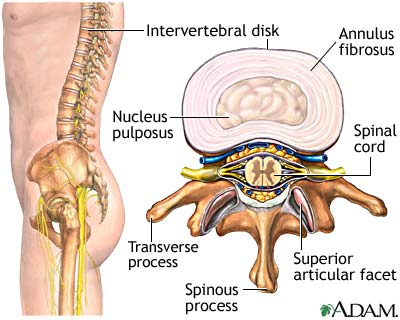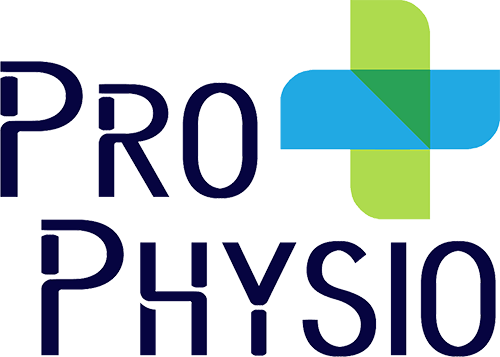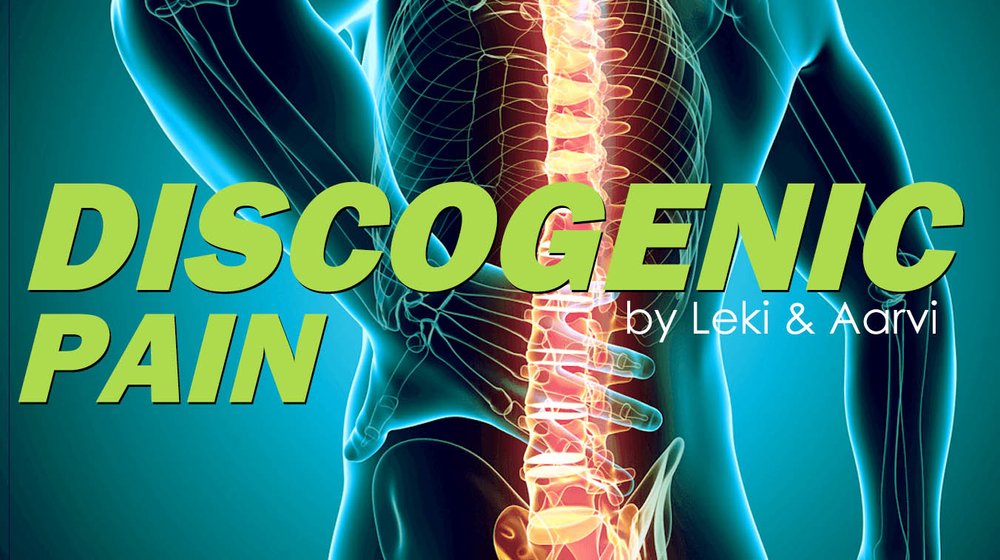What Is The Meaning of Discogenic?
Discogenic pain is a form of low back pain, caused by chemically or mechanically damaged intervertebral discs. It commonly involves degenerative changes of the intervertebral disc.
Of all the patients who are dealing with low back pain, it appears that in approximately 28 to 40% of these cases, pain is caused by a discogenic affliction

So What Are The Symptoms of Discogenic Pain?
The symptoms of discogenic afflictions can vary person to person but patients that experience ongoing low back pain, often report this pain radiating into the buttock and the leg. This pain can be experienced uni- or bilaterally, but without radicular pain. Other common symptoms include
- Pain with sitting for too long
- Difficulty or pain with forward bending
- Muscle spasms in the neck or arms when you do some upper or lower body movements
- Pain in the affected area
- Weakness in the distribution of one or more lumbosacral nerve roots
- Increased back pain with coughing, sneezing, laughing or straining
- Numbness/pins and needles
- Increases in leg pain with straining, coughing, and sneezing are also indicative
How Do You Treat Discogenic Back Pain?
Discogenic pain is typically associated with activities that may increase the pressure in the intervertebral disc causing the pain to worsen.
So if you have pain with bending forward, sitting, sneezing coughing you may find relief when you lay down on your stomach
Avoiding movement that loads up the spine too much and maintaining a neutral spine throughout the day can help de-load the spine and assist with moving the disc pressure that’s been impacted to move back to its original spot.
Plus adding spinal stability can assist with the strengthening of the injury. A good start is the McGill big 3.
Does Discogenic Pain Go Away?
This will depend on the intensity and severity of the discogenic pain, however most commonly the pain will subside on its own with conservative treatment. If the main cause is not changed it can be very common for the pain to come and go.
This is normally if the movement patterns are not adapted to the intolerances you have obtained because of the injury. This blog post can be a great start to see how you can test your low back and what potential intolerances you may have.

If you get in early and settle the pain it can have very fast outcomes and lead to less chance of more degeneration.
Our physiotherapists are well trained to treat low back pain especially disc related as we follow the McGill protocol
Make an appointment to see one of our Physiotherapists to help you today!
#MakingHealthySimple
Aarvi


